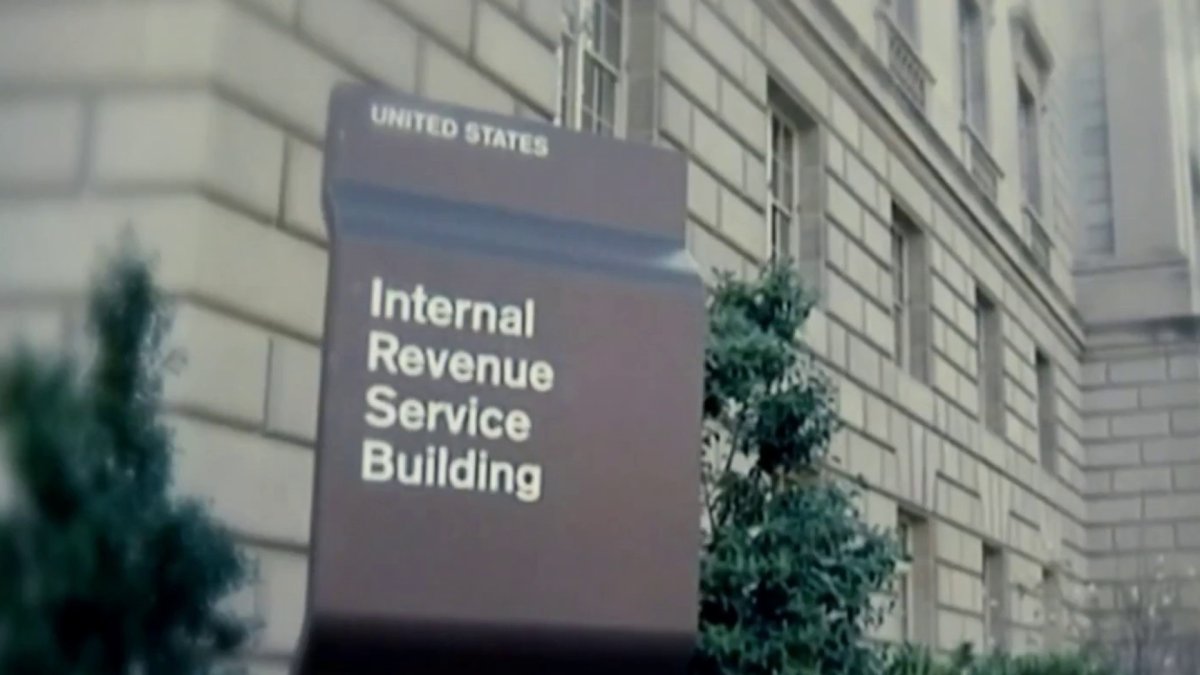
Starting Monday, the IRS will begin accepting individual income tax returns. But the IRS is still facing a significant backlog from last year due to the ongoing pandemic. Marianne Favro reports.
Starting Monday, the IRS will begin accepting individual income tax returns.
But the IRS is still facing a significant backlog from last year due to the ongoing pandemic. The IRS said they are still trying to catch up after being forced to close offices and adjust to staffing shortages.
“There’s a lot more work for the IRS to do with a lot fewer staff members doing it, said Sharon Epperson, a financial correspondent with CNBC.
Get a weekly recap of the latest San Francisco Bay Area housing news. Sign up for NBC Bay Area’s Housing Deconstructed newsletter.
Caroline Chen, a professor of tax at San Jose State University’s College of Business had some advice for the taxpayers.
“If you are a traditional taxpayer, file your 1040 as soon as you can and file electronically. Do not file by paper. Paper is where most backlogs exist,” she said.
Last year, the IRS had fewer than 15,000 people to handle 240 million calls, which means this year, it may take a while for the IRS to answer questions.
“I think the expectation is it is not going to be a few weeks. It could be a few months,” Chen said.
Another issue? Companies across the U.S. that process W-2 forms may be delayed in sending them to taxpayers because of the pandemic.
When someone does file, Chen said they need to be sure to take advantage of a new charitable giving deduction, Congress authorized in response to the pandemic.
“The new law has allowed a deduction of $300 for a single taxpayer and $600 right from their income on the first page of a 1040,” she said.
Another important change is that taxes are due on Apr. 18 and treasury officials said there is no current plan to extend that deadline.